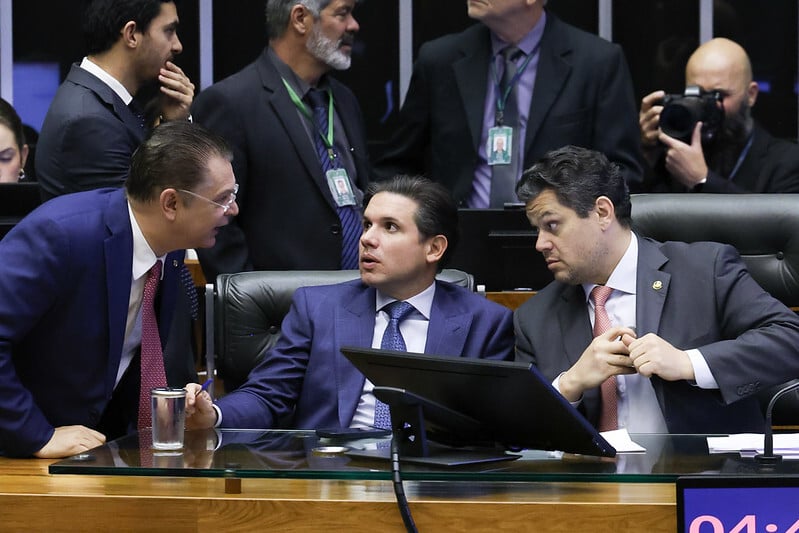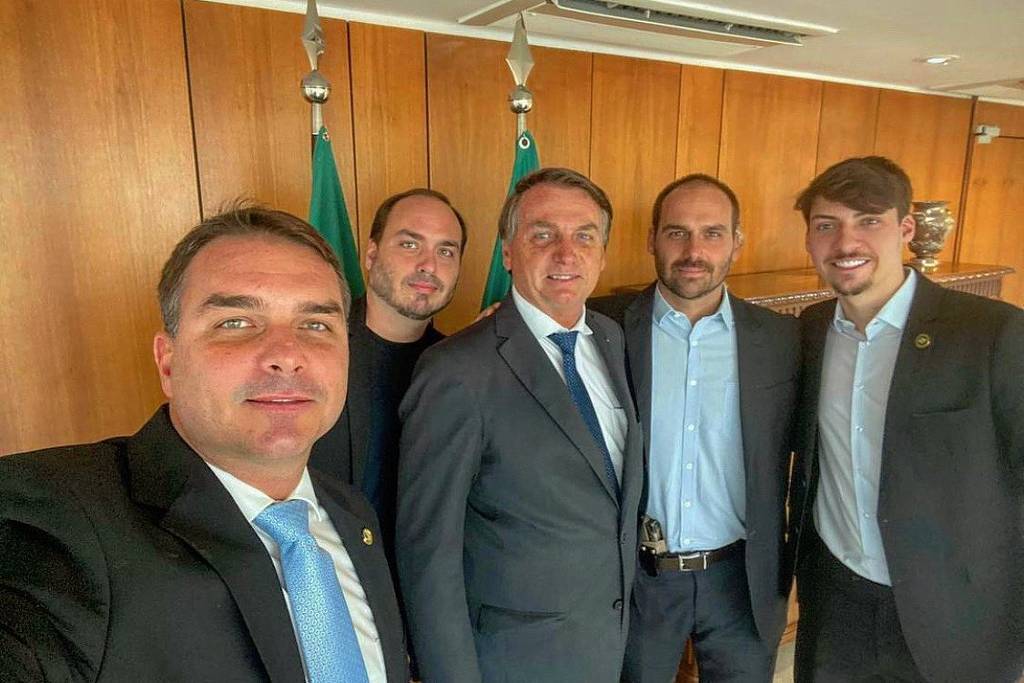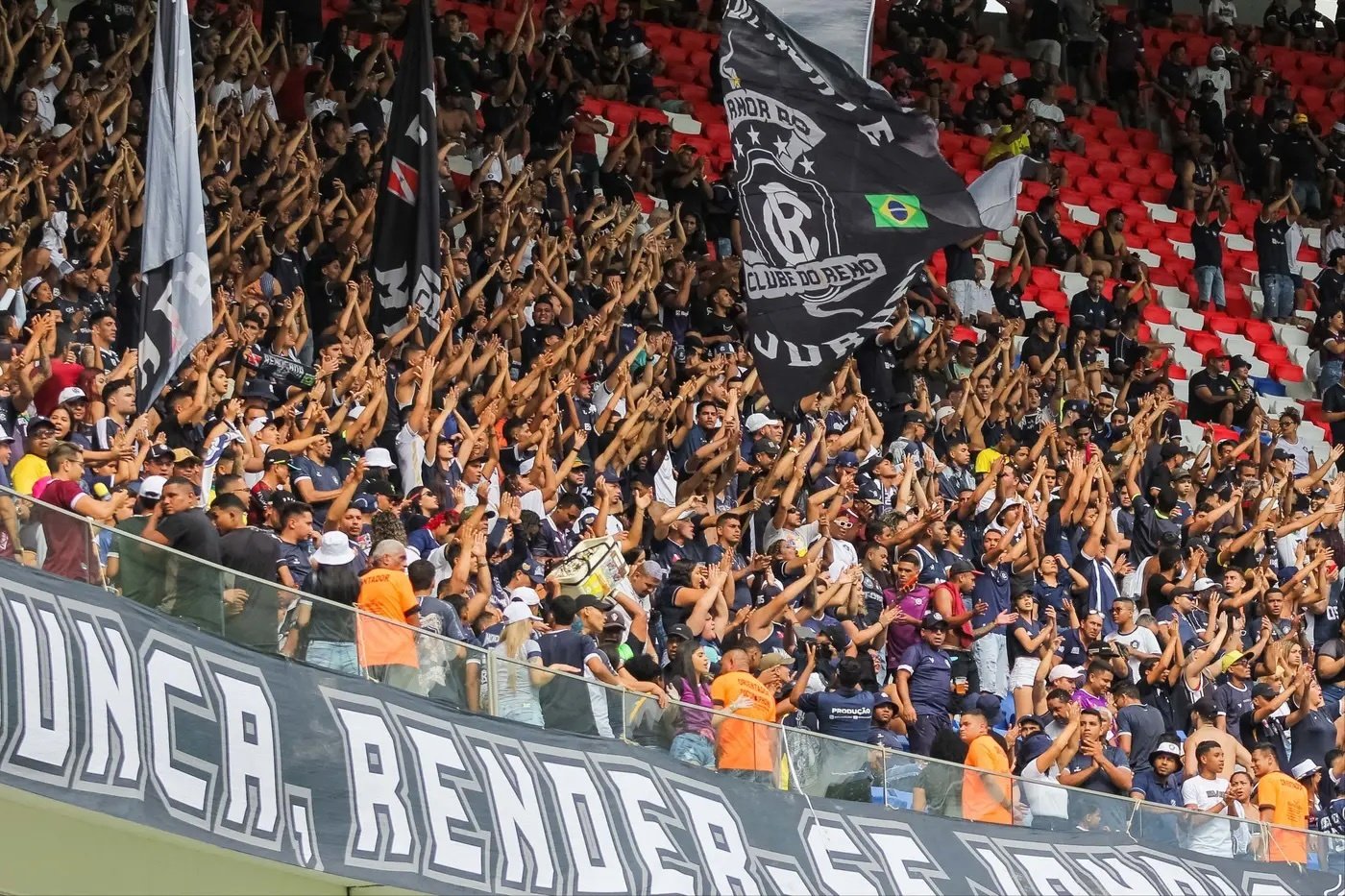Brazil recently witnessed what fiscal authorities say was the largest operation against organized crime in the country’s history. What stood out about it wasn’t exactly the number of companies targeted by federal police raids, but where many of these firms were headquartered: Faria Lima Avenue in São Paulo, Brazil's answer to Wall Street.
The goal of the task force of federal and state-level authorities was to trace the money flows of the notorious Primeiro Comando da Capital criminal organization, best known in Brazil and around the world as the PCC.
Born in the 1990s inside São Paulo penitentiaries, the PCC expanded internationally in the 2010s and prosecutors say it is now present in at least 28 countries besides Brazil. The criminal organization could have as many as 100,000 people working for its sprawling empire, including affiliates and service providers. It even has its own judicial structure, complete with appeal courts — and death sentences.
Investigators involved in the newly released operation say one of the PCC's money laundering schemes involves the fuel sector and fintechs. From 2020 to 2024, the operation is believed to have moved BRL 52 billion — almost USD 10 billion.
The Finance Ministry announced new measures to tighten controls, as fintechs are still not subject to the same transparency requirements for financial transactions as conventional banks.
For the Lula administration, the crackdown also presents an opportunity to regulate the sector more broadly — after far-right politicians portrayed a failed attempt earlier this year as “Big Brother” snooping into ordinary taxpayers' bank accounts.
And then, a couple of weeks after this massive operation was launched, Brazil was shaken by another blow: the killing of Ruy Fontes, São Paulo’s former state police chief. He was among the first to investigate the PCC and participate in the arrest of its most prominent leader two decades ago.
Fontes was gunned down in the middle of the street after being chased by what looked very much like professional assassins. Authorities haven’t confirmed whether the PCC ordered the hit — a person of interest has been detained. Still, the assassination has revived memories of the bloody 2000s, when the gang’s spectacular violence turned São Paulo into a byword for organized crime terror.
How deep does the PCC’s influence really run in Brazil’s formal economy? And what can the country do to fight back?
Our guest this week is Rafael Alcadipani. He’s a professor at the Getulio Vargas Foundation’s School of Public Administration in São Paulo, a member of the Brazilian Forum on Public Safety, and part of the Criminal Investigation Research Network at the University of South Wales.
In this conversation, he unpacks:
How the PCC evolved into a mafia-like organization.
The PCC’s footprint across Brazil’s legitimate economy.
The impacts of this expansion on democracy.
Brazil's federal and state-level capacity to combat organized crime.
How the United States might play a role — and the risks.
Public security in the 2026 elections.











